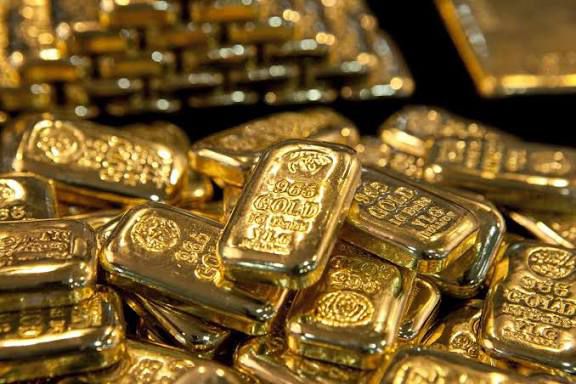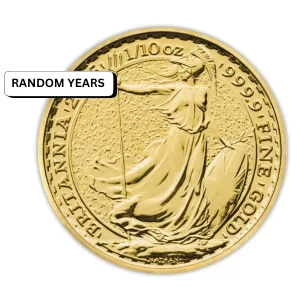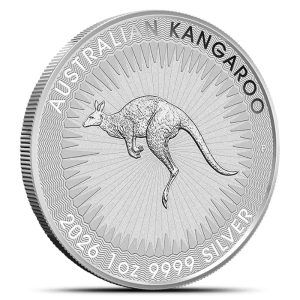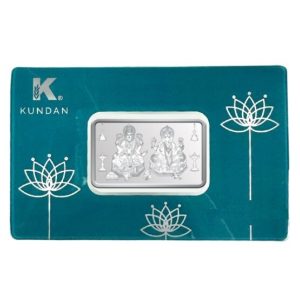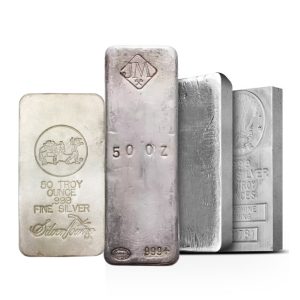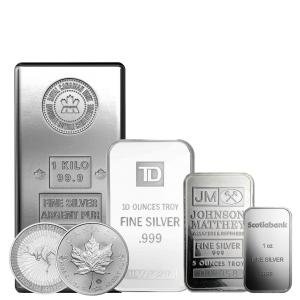Governments are scrambling, hoarding, buying, and now begging for your stash. When central banks and policymakers move this hard, it’s not a warning to sell… it’s a neon sign screaming BUY MORE. Let’s decode the headlines, expose the desperation, and show why your gold and silver just became even more valuable.
Vietnam: 300-500 Tonnes of Gold Locked in Homes – And the Government Wants It BAD
Vietnamese families are sitting on an estimated 300–500 tons of gold – worth $390–$640 billion at $4,000/oz – tucked under mattresses, buried in backyards, and passed down through generations. That’s 25-38x more than the State Bank of Vietnam holds (a measly 13 tonnes).
Now the government is rolling out the red carpet: ending their gold import monopoly, launching a state gold exchange, and offering juicy dong-denominated bonds to “encourage” citizens to cash in on their gold profits. Translation? They’re desperate to buy up citizen held gold.
This isn’t charity. It’s a classic play: unlock idle private gold and devalue the currency later; sticking citizens with the loss in purchasing power. Remember 1933? The U.S. banned private gold ownership under threat of a prison sentence or hefty fines, paid $20.67/oz to buy citizen gold, then jacked the price to $35/oz overnight – a 69% wealth transfer from citizens to the state in a moment.
We don’t want to mislead in any way, Vietnam’s not indicating a confiscation, but this certainly is a step in that direction. And when a government begs for your gold, it’s because they know what’s coming. Gold’s up 60% in 2025 measured in CAD, 64% measured in USD. Premiums in Hanoi, the capital of Vietnam hit 20 million VND per tael of gold, a staggering 17% premium over western prices. This is what demand looks like before a breakout. Governments hoarding gold and silver is bullish for the assets in the long-term.
Poland: Buying Gold Like It’s 1939
While Vietnam pleads, Poland is pouncing. The National Bank of Poland added 67 tonnes of gold year-to-date through August 2025 – more than China, India, or Turkey. That’s #1 globally for central bank purchases this year.
Total Polish reserves? Over 515.4 tonnes and climbing. They’re targeting 30% of reserves in gold – a wartime-level allocation, which would be 150 tonnes more than they have now. Why? Because Poland sits on Europe’s fault line. They’ve seen currency collapses, invasions, and frozen assets. Gold is their insurance policy.
When emerging powers like Poland outbuy the giants of bullion, it’s a signal. Gold isn’t just a relic – it’s a weapon in the currency wars taking place before our eyes. And right now, everyone wants in.
USA Officially Adds Silver to Critical Minerals List – Tariffs Potentially Incoming
Silver just got upgraded to national security status. On November 6, 2025, the U.S. Geological Survey added silver to its Critical Minerals List – joining copper, uranium, and 56 others.
Why? The U.S. imports 65% of its silver – mostly from Mexico, and Peru. Domestic mines cover just 35% of annual needs. Meanwhile, solar panels, EVs, and 5G are devouring supply. Renewable energy projects alone could double silver demand by 2030.
Critical status = tariffs are likely. Highest likelihood is 10 – 25% import duties – pushing U.S. silver prices higher, fast.
This is government demand on steroids. When the Pentagon calls silver “critical,” miners win. Importers lose. You? You win if you own silver before the squeeze. Russia’s even budgeting $535 million for gold and silver in 2025. From Warsaw to Washington to Moscow – governments are stacking bullion to the ceiling.
The Big Picture: Governments Are Telling You What’s Valuable
Let’s connect the dots:
- Vietnam: Begging for 300–500 tons of private gold.
- Poland: Buying faster than anyone on Earth.
- USA: Slapping “critical” status on silver, prepping tariffs.
This isn’t coincidence. It’s coordinated desperation. Fiat systems are cracking. Gold and silver are rising from the ashes. Gold and silver aren’t just safe havens – they’re strategic assets. And the more governments want them, the more you should want them too.
 Hi,
Hi,

